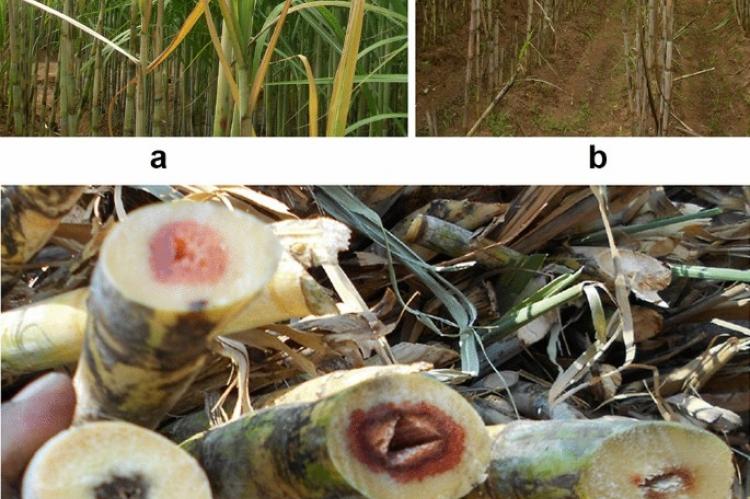Fusarium Fungus Detected in Belize’s Cane Fields? … A Serious Cause for Low Crop Yields
By: Omar Silva
Editor: National Perspective Bz DIGITAL 2024
Belize City: Friday 11th October 2024
The Fusarium fungus, particularly affecting cane fields, can indeed cause serious issues for crop yields. Managing or stopping its spread requires both short-term and long-term approaches. Here are some potential strategies that could help mitigate the impact of this fungus:
Fungicide Application: There are fungicides effective against Fusarium fungi, but their application must be carefully managed to avoid resistance buildup. Targeted treatments could help in areas where the infection is just starting.
Crop Rotation and Soil Management: Rotating sugarcane with other non-susceptible crops can reduce the prevalence of Fusarium in the soil. Additionally, improving soil health with organic matter, better drainage, and pH management can make the environment less hospitable for the fungus.
Resistant Varieties: Some sugarcane varieties may have resistance or tolerance to Fusarium. Introducing or developing these varieties in affected regions can be a long-term solution.
Quarantine and Sanitation Measures: Preventing the spread of Fusarium by controlling movement of soil, infected plants, and machinery is essential. Any equipment used in affected areas should be sanitized to prevent contamination.
Biological Control: There are beneficial microbes and biological agents that can suppress Fusarium populations in the soil. These natural antagonists could be applied to fields to create a healthier soil biome.
Consultation with Experts: As mentioned, consultation with Brazilian experts is a key step. Brazil has vast experience managing sugarcane diseases, and their advice could be invaluable. They may recommend region-specific strategies based on Belize's unique environmental conditions.
Climate Adaptation Strategies: Since climate change and rising temperatures are likely contributing factors, long-term agricultural strategies should focus on adapting to these changing conditions, such as altering planting schedules, improving water management, and exploring heat-tolerant crop varieties.
Immediate actions might include fungicide use and sanitation protocols, but long-term solutions may need to involve more sustainable agricultural practices and crop management.
- Log in to post comments

